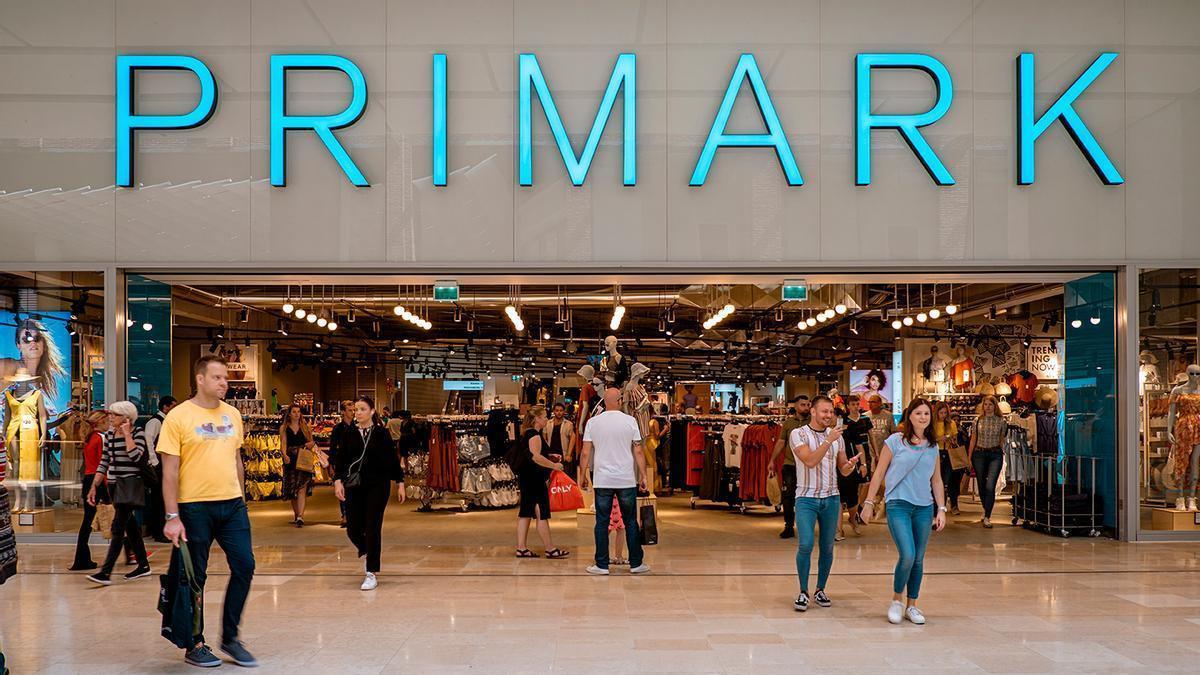
Primark has recently announced its participation in the United Nations' Fashion Charter (UNFCCC), demonstrating its commitment to reducing greenhouse gas (GHG) emissions by 30% before 2030. By joining the Charter, Primark is taking responsibility for addressing emissions throughout its entire value chain, extending beyond its own operations, which account for the majority of its carbon footprint.
Primark is dedicated to analyzing and establishing a decarbonization pathway to achieve these ambitious goals, utilizing methodologies from the Science-Based Targets Initiative. The company has already implemented various processes across its manufacturing, distribution, and store operations to identify and diminish its carbon footprint.
Reducing GHG Emissions and Promoting Positive Change
Primark has actively sought out opportunities to reduce GHG emissions and effect positive change. Notably, it has made significant progress in tackling emissions associated with the use of raw fabrics and materials, which contribute the most to its GHG emissions. Some of the steps taken by Primark include:
- Doubling the number of products made using recycled materials to 40 million items in the upcoming autumn season.
- --Training cotton farmers since 2013 in more environmentally friendly practices and expanding the Primark Sustainable Cotton program in 2019.
- Partnering with charities since 2010 to donate unsold products from its stores, raising funds for those in need. Operating an in-store recycling scheme for customers in the UK.
- Assisting its suppliers' factories in implementing the Sustainable Apparel Coalition's Higg Facility Environmental Module tool to monitor energy usage and carbon emissions.
- Collaborating with PAC-D to develop a packaging optimization program, training suppliers' factories to accurately measure products and efficiently package them into shipping cartons.
- Choosing to ship over air freighting for most products from suppliers' factories.
Katharine Stewart, the Ethical Trade and Environmental Sustainability Director at Primark, expressed her enthusiasm for joining the UNFCCC and emphasized their commitment to reducing emissions across the entire value chain. As a global fashion retailer, Primark is dedicated to finding solutions for the challenges posed by climate change and acknowledges that there is still more work to be done.
The company understands that even small changes can have a significant impact, especially considering its size. Primark aims to make its business more sustainable without burdening customers with increased costs, believing that sustainable fashion should be accessible to all.

More Companies that Have Joined the Charter
Several companies have joined the United Nations Fashion Charter (UNFCCC) to demonstrate their commitment to sustainable practices in the fashion industry. Here are a few notable examples:
H&M
H&M joined the UNFCCC and has committed to becoming climate positive by 2030. The company aims to reduce its greenhouse gas emissions, increase the use of sustainable materials, and implement circular economy principles.
Adidas
adidas is a signatory of the UNFCCC and has set ambitious sustainability targets. The company aims to achieve carbon neutrality by 2050 and has committed to using 100% recycled polyester in its products by 2024.
Nike
Nike has joined the UNFCCC and has set goals to achieve zero waste and use 100% renewable energy in its owned and operated facilities. The company is also focused on developing sustainable materials and promoting closed-loop product design.
Levi Strauss & Co
Levi's is a signatory of the UNFCCC and has made commitments to reduce greenhouse gas emissions across its supply chain. The company is working towards using 100% sustainable cotton and has implemented water-saving initiatives in its manufacturing processes.
Burberry
Burberry has joined the UNFCCC and is committed to becoming carbon neutral by 2022. The luxury fashion brand is working to reduce its emissions, increase the use of renewable energy, and support regenerative agriculture practices.
Kering
Kering, the parent company of luxury brands such as Gucci and Saint Laurent, has joined the UNFCCC and has set targets to reduce its greenhouse gas emissions. The company aims to achieve carbon neutrality across its entire supply chain.
